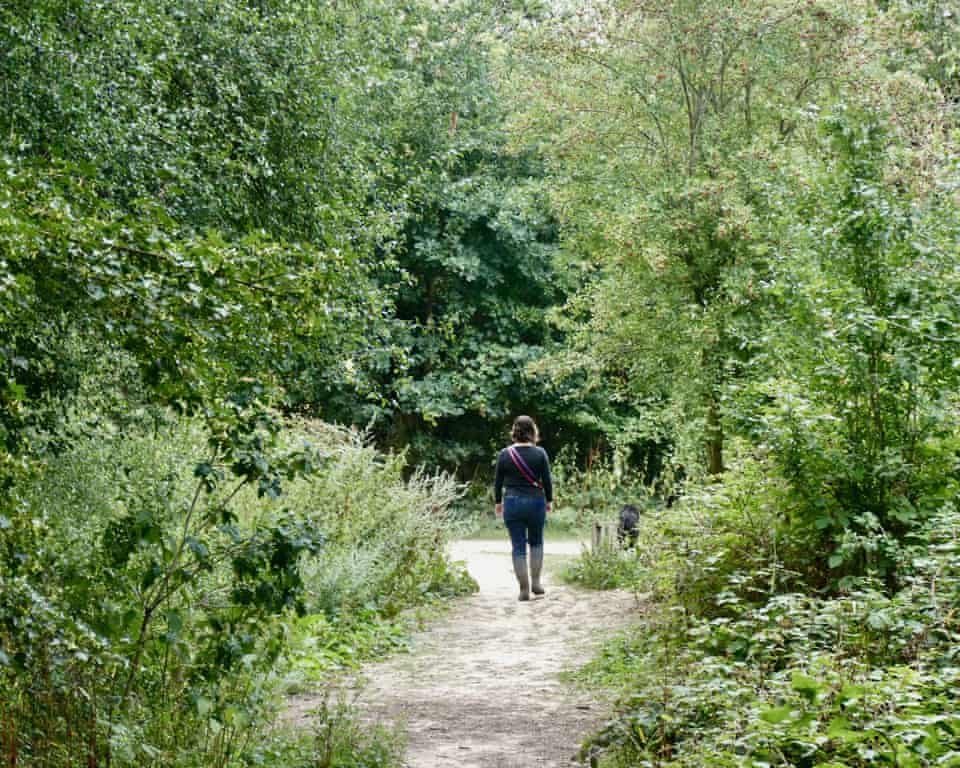People’s connection to nature has plummeted by more than 60% since 1800, closely mirroring the disappearance of nature-related words such as “river”, “moss” and “blossom” from books, according to new research.
Computer modelling suggests that this decline will continue unless far-reaching societal and policy changes are implemented with introducing children to nature at an early age and radically greening urban areas identified as the most effective interventions.
The study, published in the journal Earth by Professor Miles Richardson, a nature connectedness expert at the University of Derby, tracked the erosion of nature in people’s lives over 220 years using data on urbanisation, local wildlife loss and the breakdown in parents passing on engagement with the natural world to their children.
Richardson also analysed the decline of nature words in literature between 1800 and 2020, finding a peak drop of 60.6% in 1990. He warned that an “extinction of experience” is under way, with future generations losing awareness of nature as neighbourhoods become increasingly built-up and families fail to nurture a connection to the environment.
“Nature connectedness is now accepted as a key root cause of the environmental crisis,” Richardson said. “It’s vitally important for our own mental health as well. It unites people and nature’s wellbeing. There’s a need for transformational change if we’re going to change society’s relationship with nature.”
While increasing the proportion of biodiverse green spaces in a city by 30% may seem ambitious, Richardson’s modelling indicates that urban areas might need to be ten times greener to reverse the trend. Measures aimed at boosting public engagement with nature were found to improve mental health but not halt the intergenerational loss of nature connection.
Study shows approach fostering nature awareness
Instead, the study highlights that the most effective approach is fostering nature awareness in young children and families, for example through forest school nurseries. However, such policies would need to be introduced within the next 25 years to reverse the decline, after which gains could become self-sustaining.
Richardson argued that the challenge may not be as daunting as it appears, given current low baselines. Research in Sheffield found residents spent an average of just four minutes and 36 seconds a day in natural spaces. Increasing this to around 40 minutes could be enough to make a difference.
“Working with families and parents to engage children with nature is key,” he said. “A newborn child is much the same as one born in 1800. Children are fascinated by the natural world. The task is to maintain that curiosity through their childhood and schooling, alongside significant urban greening. We must think in transformational terms, not 30%, but 1,000%.”



